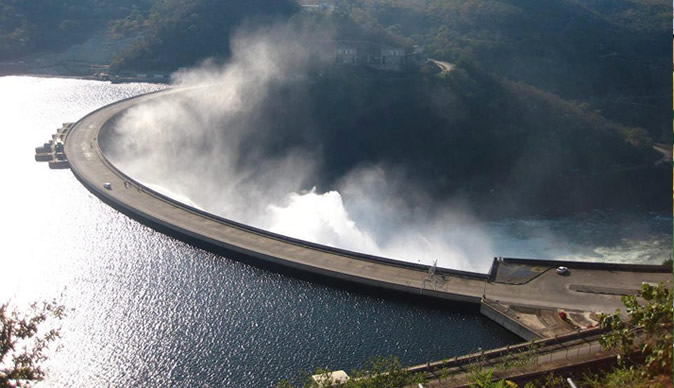World’s biggest market launched…African Continental Free Trade Area to start in 2020

Kuda Mugari in NIAMEY, Niger
African leaders including President Emmerson Mnangagwa yesterday launched the landmark African Continental Free Trade Area (AfCFTA) that is expected to take effect from July 2020 and expected to increase intra-Africa trade by 60 percent.
When effected, AfCFTA becomes the single largest market in the world.
The African Union (AU) commissioner of trade and industry Albert Muchanga said Africa’s most populous nation, Nigeria and the most notable absentee to the deal alongside Benin and Eritrea also signed the AfCFTA treaty here in Niamey.
“We have recommended to the summit that the actual date of trading should be the 1st of July 2020,” he said.
“I am very optimistic, the passion is spreading and everyone is ready to work hard for the better,” he said.
The launch of the African Continental Free Trade Area (AfCFTA), which was the major focus at the AU summit, was momentous as it had been on the cards for the past 17 years.
Mr Muchanga said the accord, which will progressively phase out duty on 97 percent of goods traded between African countries, will spur growth.
“The biggest benefit is that we are removing the fragmentation of Africa,” Muchanga said.
He said the common market would induce an influx of foreign capital leading to the creation of jobs on the continent.
According to the AU, the zone, bringing together Africa’s 1,2 billion people into the world’s largest trade bloc, could increase intra-African trade by 60 percent by 2022.
Some however fear that cheaper imports will hit small manufacturers and farming families.
“Some countries would face a short-term hit on their revenues but competition would drive innovation,” Muchanga said.
“A billion US dollars (890 million euros) in credit have been earmarked by the African Import and Export Bank for countries requiring support.
“Countries which will incur adjustment costs will get recourse through that facility,” he said.
The pact came into effect in late May when 22 countries ratified it.
Analysts said that AU members are now expected to hammer out key details to make it operational. Some of these, they said are notorious pitfalls in trade liberalisation talks.
They also include a timetable for lowering customs duties, rules for certifying “Made in Africa” products and arbitration mechanisms to settle disputes.
Observers also caution that import duties are not the only obstacles to freer business — corruption, decrepit infrastructure and lengthy waiting times at borders are also major deterrents to trade.












Comments